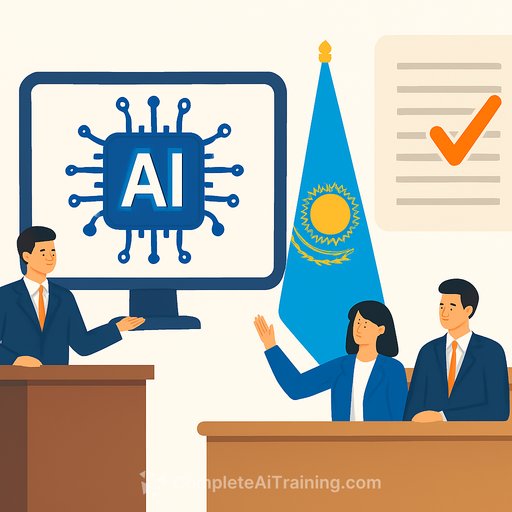Colorado Delays AI Law Implementation Amid Backlash
Colorado has postponed the implementation of its comprehensive artificial intelligence law by approximately five months. Originally set to take effect on February 1, 2026, the Colorado Artificial Intelligence Act (CAIA) will now become effective on June 30, 2026. This change came after Governor Jared Polis signed a bill on August 28 that adjusted the statute's effective date.
The delay provides lawmakers additional time during the 2026 regular legislative session, beginning in early January, to consider amendments to the law. Earlier attempts to modify CAIA during a special session failed to produce an agreement, leaving many provisions of the law under debate.
Background on the Colorado Artificial Intelligence Act
Enacted last year, CAIA is notable for its wide-ranging and detailed approach to regulating AI technologies. The law mandates that businesses implement risk management programs for high-risk AI systems. These programs must include impact assessments, oversight mechanisms, and strategies to mitigate potential harms.
A key objective of CAIA is to prevent algorithmic discrimination that leads to unlawful differential treatment of individuals or groups based on protected classes such as age, race, or religion. This focus particularly affects human resources departments, where AI tools are increasingly used in hiring processes across industries.
Challenges and Controversies
CAIA has sparked intense debate since its passage, with four amendment proposals introduced in the recent special legislative session alone. Stakeholders disagree on how the law will affect businesses, especially regarding compliance burdens.
Additionally, Colorado lawmakers face pressure from the federal government. The previous administration threatened to withhold federal AI funding from states imposing what it considers burdensome AI regulations. The White House’s recent AI action plan directs federal agencies to factor in a state’s regulatory environment when awarding AI-related discretionary funding.
Moreover, President Donald Trump has advocated for a federal AI standard that would override state laws. This federal push comes amid growing concerns from small businesses; a survey by the U.S. Chamber of Commerce found that 65% of small businesses worry about the costs and risks of navigating different state laws on privacy, AI, and technology—a 14-point increase from 2024.
What This Means for Legal Professionals
The delayed implementation offers legal teams more time to develop compliance strategies and monitor potential amendments to CAIA in the upcoming legislative session. Businesses using AI in high-impact areas, especially HR, should prepare for the new requirements around risk assessments and oversight.
Legal counsel will need to advise clients on how to align internal policies with the statute’s mandates while keeping an eye on any changes that could ease or tighten regulations. Given the potential for growing discrepancies between state and federal AI regulations, staying informed on both levels is crucial.
- Key Dates: CAIA effective date moved from February 1 to June 30, 2026
- Legislative Session: Opportunity to amend the law in the 2026 regular session starting January
- Focus Areas: Risk management for high-risk AI, prevention of algorithmic discrimination
- Federal Pressure: Potential withholding of funding based on AI regulatory climate
For legal professionals seeking to deepen their understanding of AI regulations and compliance strategies, exploring targeted AI law courses can provide valuable insights. Relevant training options are available at Complete AI Training.
Your membership also unlocks:





